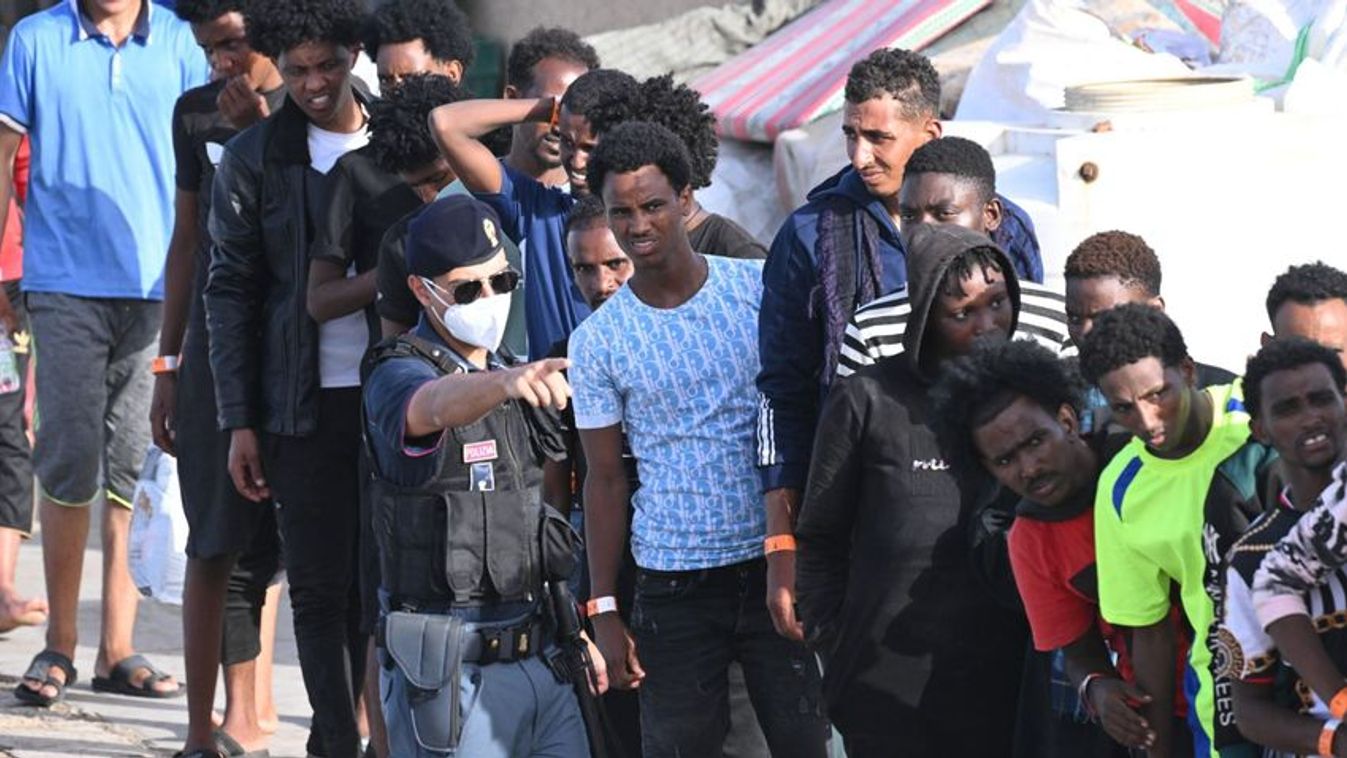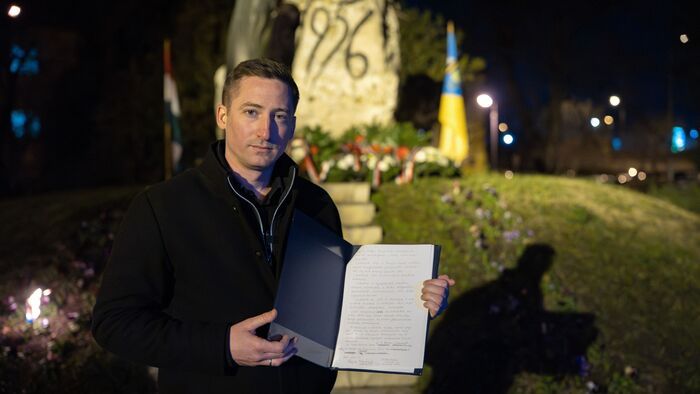"Non-Hungarian nationals who fail to cooperate with the authorities could face immediate expulsion," Zoltan Lomnici Jr, legal advisor at Szazadveg Foundation, told Magyar Nemzet, speaking about the government's drafting of a new bill and overhaul of the immigration regulations currently in force.

The new bill will make it clear to all third-country nationals that they can only temporarily stay and work in Hungary in accordance with the purposes, legal entitlements and conditions set by the Hungarian state, and only if the state so decides. In order to protect Hungarian families, vacancies must be filled by drawing on Hungary's workforce reserve and involving Hungarian job seekers and inactive persons.
Expulsion can take place in two steps
According to the government's firm decision of principle
foreign labor can be employed only and exclusively when Hungarian workers are unavailable to fill vacancies.
To this end, the strictest possible regulations need to be worked out. In order to safeguard national interests, the cabinet also decided that the law regulating the employment of guest workers in Hungary will not be applied until full regulations are in place. The legal expert pointed out that
the amendment will make it possible to expel the person concerned more efficiently and quickly.
Anyone failing to respect the norms of coexistence will be immediately deported from the county, and this rule will also apply to guest workers from abroad, he added. The termination of illegal stay involves a two-step procedure: first, an expulsion order is issued, which opens a period for voluntary departure, the constitutional lawyer explained.
This is followed, if necessary, by a removal decision, which may entail pre-removal detention and ends with deportation. Under the relevant EU legislation, the expulsion decision may allow a period ranging from 7 to 30 days for voluntary departure, which may be shortened, but may also end with immediate expulsion. The authorities may decide so if there is a risk that the non-EU national staying illegally in a country
- will flee,
- has submitted a false application, or
- poses a risk to public security/national security.
In practice, this means immediate expulsion.























Szóljon hozzá!
Jelenleg csak a hozzászólások egy kis részét látja. Hozzászóláshoz és a további kommentek megtekintéséhez lépjen be, vagy regisztráljon!